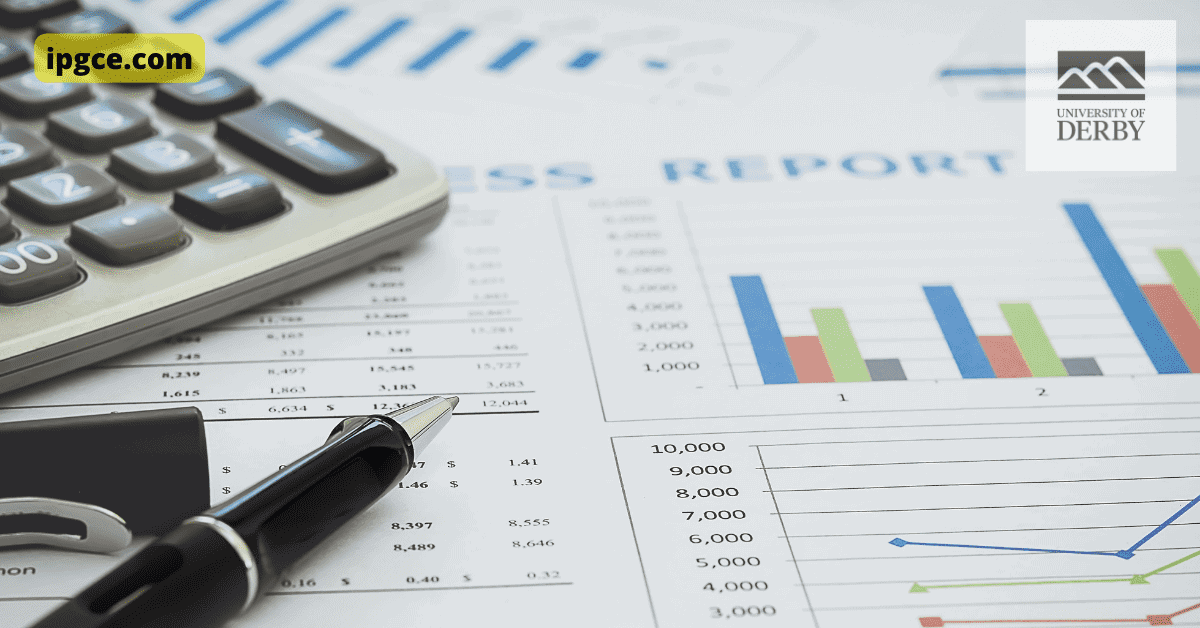We’re in the midst of a confusing and confounding economic moment. Unemployment is low, but inflation is slowing, and economic output has stalled. What’s going on?
Derek Thompson, a staff writer at The Atlantic and author of the Work in Progress newsletter, joins us to explain. He says we can think of the economy like a hose: when one end is pinched (in this case, by slower growth), it affects the flow at the other end (jobs).
So what can be done to get the economy moving again? Derek says we need more fiscal stimulus from the government to help jump-start growth. And he also argues that our current predicament underscores the importance of policies that boost social mobility and workers’ skills so that we’re better prepared for the next economic downturn.
When considering the economy, it’s helpful to consider three categories: statistics, labels, and feelings. Statistics, like inflation or unemployment rates, come from government surveys and are highly descriptive of what is happening to the broader economy.
Economists and pundits use labels to explain those statistics in relatable terms. For example, when inflation is low, and unemployment is high, that’s called “stagflation.” And right now, we’re in a period of “secular stagnation,” which means that our economy has been growing more slowly than usual for a very long time.
Finally, feelings encompass how real people experience the economy in their everyday lives. Do they feel secure in their jobs? Are they able to afford a comfortable lifestyle?
For most Americans, the answer to those questions is “no.” Incomes have been flat for decades, even as the cost of living has increased. And that’s why, even though the overall economy may be doing okay by some measures, many people still feel like they’re struggling.
The key to understanding our current economic moment is to remember that all three categories are interconnected. When one end of the hose is pinched (in this case, by slower growth), it affects the flow at the other end (jobs).
So what can be done to get the economy moving again? Derek says we need more fiscal stimulus from the government to help jump-start growth. And he also argues that our current predicament underscores the importance of policies that boost social mobility and workers’ skills so that we’re better prepared for the next economic downturn.
At the moment, it’s difficult to determine whether or not we are officially in a recession. The National Bureau of Economic Research (NBER) is the organisation that makes that determination, and they often take months or even years to conclude.
In the meantime, Derek says it’s more important to focus on what policies can help get the economy moving again. He argues that we need more fiscal stimulus from the government to jump-start growth. And he also believes that our current predicament underscores the importance of policies that boost social mobility and workers’ skills so that we’re better prepared for the next economic downturn.
What do you think? Have you been affected by the current economic conditions? What policies do you think would help to improve the economy? Share your thoughts in the comments section below.
For more news on international education, politics, socio-economics, etc. , follow us on IPGCE and WeChat.
Wechat Code:
Meet Our Successful Graduates: Learn how our courses have propelled graduates into rewarding
careers. Explore their success stories here!
Discover More About Your Future: Interested in advancing your teaching career? Explore our
IPGCE, MA, and QTS courses today!

Explore Our Courses: Ready to take the next
step in your education journey? View our
comprehensive course offerings now!



